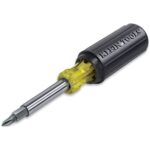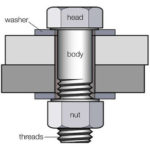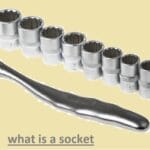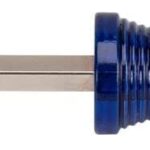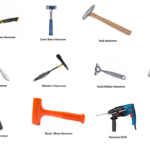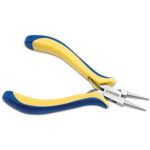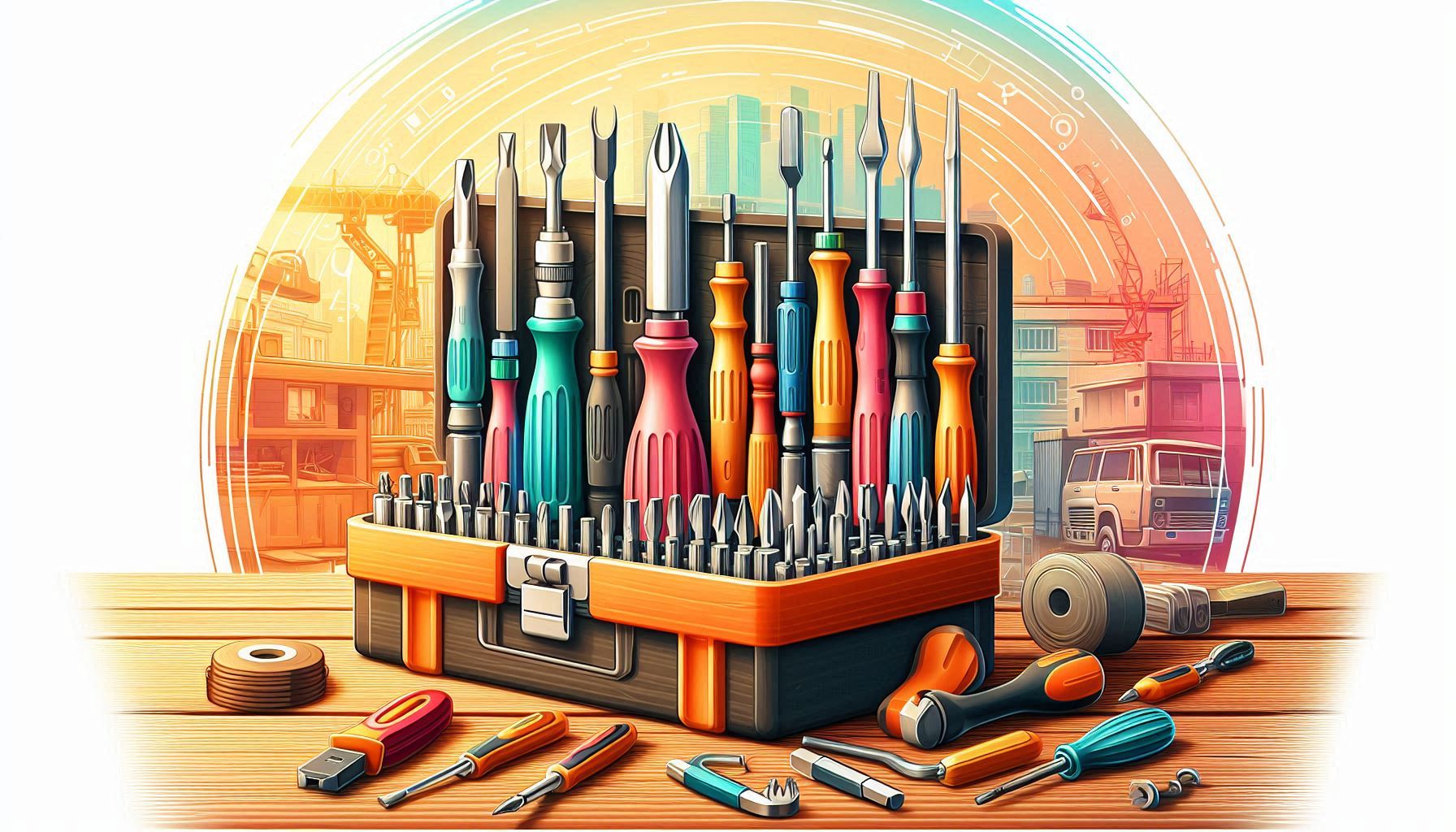
Screwdrivers are essential tools in any toolkit, whether you’re a DIY enthusiast, professional mechanic, or simply handling everyday repairs. From flathead to Phillips, and specialty drivers like Torx and hex, each type of screwdriver serves a unique purpose. This guide will walk you through all types of screwdrivers, their designs, and specific applications, ensuring you’re equipped with the right tool for every job.
Types of Screwdrivers (With Uses)
1. Flathead Screwdriver
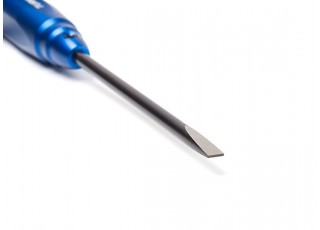
- Description: The flathead, also known as a slotted screwdriver, has a flat, wedge-shaped tip that fits into a single slot in the screw head.
- Uses: Flathead screwdrivers are versatile best screwdrivers and widely used for loosening or tightening screws with straight, slotted heads. They are commonly found in furniture assembly, household items, and light electrical work.
- Pros and Cons:
- Pros: Simple design, easy to find and use.
- Cons: Prone to slipping out of the slot and damaging screw heads.
2. Phillips Screwdriver
- Description: Named after its inventor, the Phillips screwdriver has a cross-shaped tip, allowing it to fit snugly into screws with a cross-shaped slot.
- Uses: Often used in electronics, construction, and automotive work, the Phillips screwdriver provides a better grip and torque than a flathead.
- Pros and Cons:
- Pros: Excellent grip, reduces cam-out (slipping).
- Cons: Can strip easily if over-tightened.
3. Torx Screwdriver

- Description: Recognizable by its six-point star-shaped tip, the Torx screwdriver is known for its high torque tolerance.
- Uses: Commonly used in electronics, automotive, and appliances, Torx screws are tamper-resistant, making them ideal for devices that need secure fastening.
- Pros and Cons:
- Pros: High torque tolerance, reduces slippage.
- Cons: Limited availability of screws compared to Phillips and flathead.
4. Hex (Allen) Screwdriver
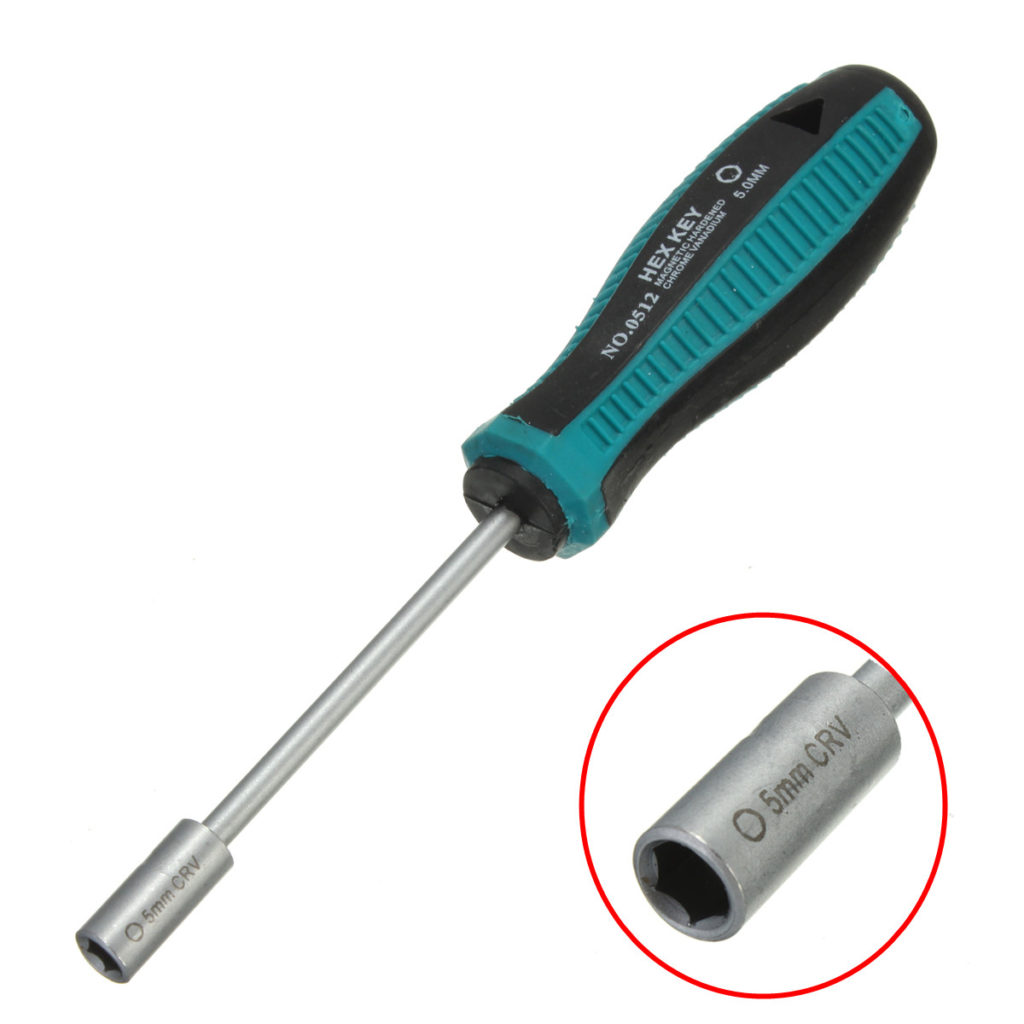
- Description: The hex screwdriver, also called an Allen wrench or Allen key, has a hexagonal tip that fits into hexagonal screw sockets.
- Uses: Frequently used in furniture assembly, bicycles, and DIY projects, hex screwdrivers offer precise control in tightening or loosening screws.
- Pros and Cons:
- Pros: Compact and easy to store, provides good torque.
- Cons: Difficult to use on stripped screws or in tight spaces.
5. Pozidriv Screwdriver
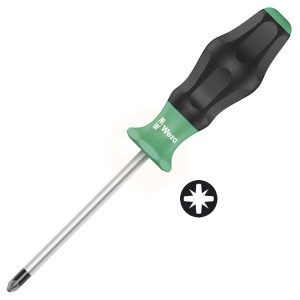
- Description: Similar to the Phillips but with additional cross indentations, the Pozidriv screwdriver has a unique tip design to provide better stability.
- Uses: Popular in European-manufactured products, Pozidriv screwdrivers are often used in woodworking and electrical applications.
- Pros and Cons:
- Pros: Reduces cam-out and slipping, excellent grip.
- Cons: Not as commonly available in North America.
6. Square (Robertson) Screwdriver
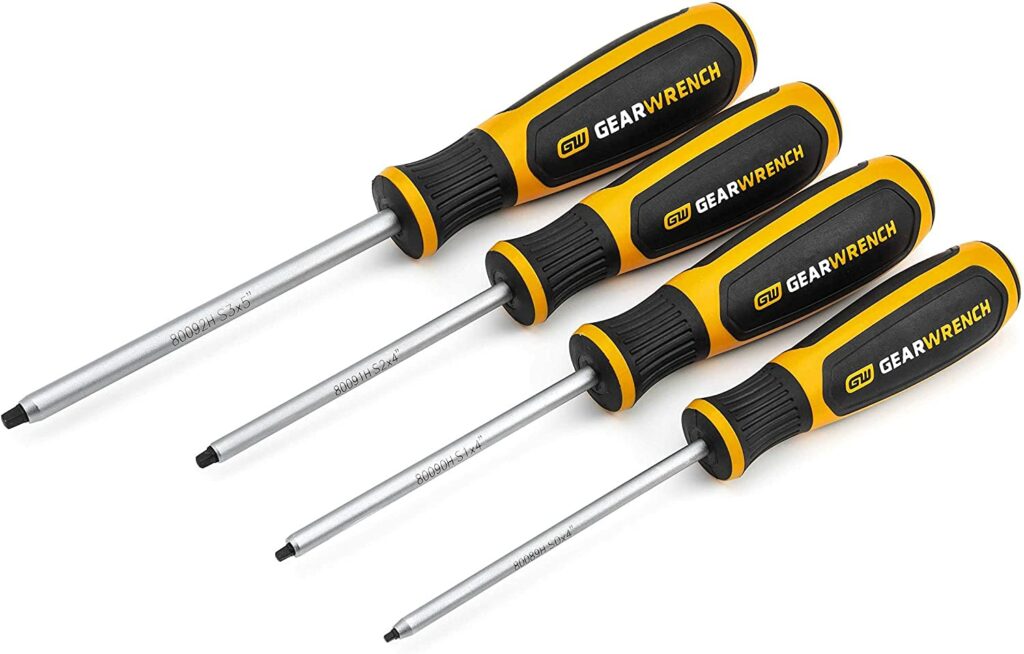
- Description: Featuring a square-shaped tip, the Robertson screwdriver provides a strong grip and good torque control.
- Uses: Commonly used in woodworking, furniture assembly, and North American construction, it offers a secure fit that minimizes stripping.
- Pros and Cons:
- Pros: Reduces slippage, high torque tolerance.
- Cons: Limited availability outside North America.
7. Tri-Wing Screwdriver

- Description: The tri-wing screwdriver has a triangular-shaped tip, specifically designed to prevent tampering and unauthorized access.
- Uses: Frequently found in electronic devices like gaming consoles, smartphones, and some appliances, the tri-wing driver is used for secure assembly.
- Pros and Cons:
- Pros: Tamper-resistant, good for electronics.
- Cons: Limited applications, hard to find.
8. Clutch Head Screwdriver
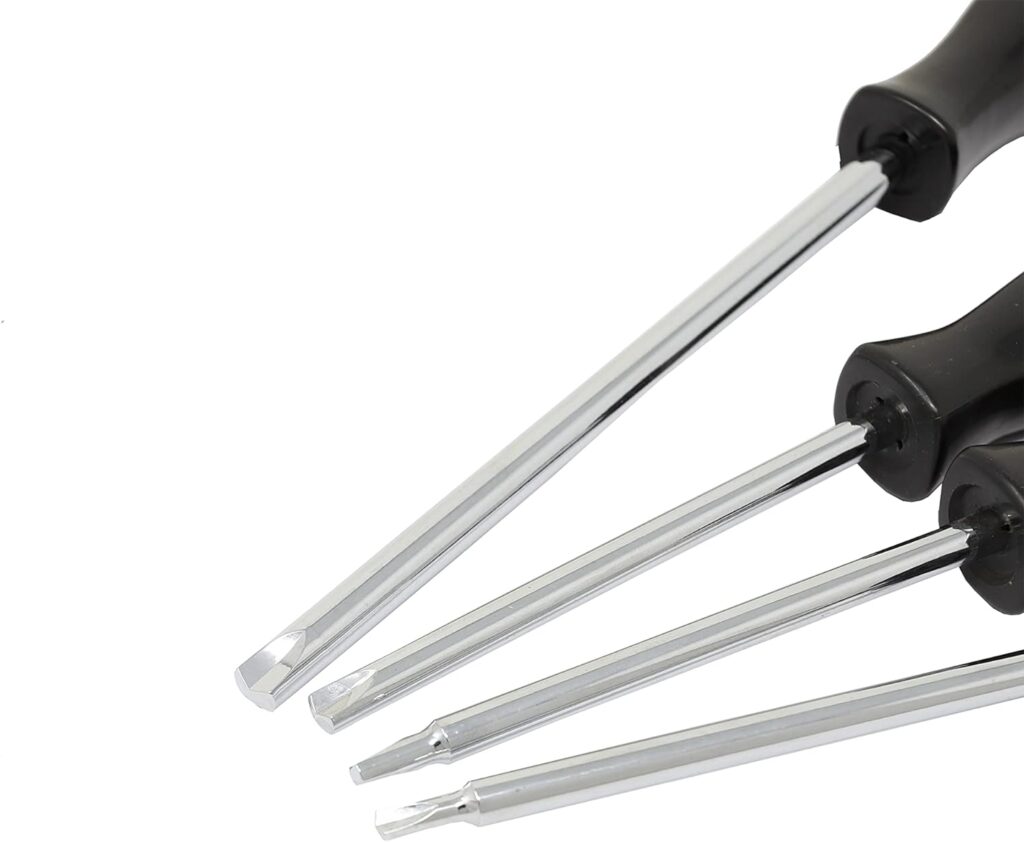
- Description: Also known as a bow-tie screwdriver, the clutch head screwdriver has a bow-tie-shaped tip.
- Uses: Often used in vintage cars, mobile homes, and certain industrial applications, clutch head screws are designed to prevent tampering.
- Pros and Cons:
- Pros: Tamper-resistant, retro applications.
- Cons: Rare, less common today.
9. Frearson Screwdriver
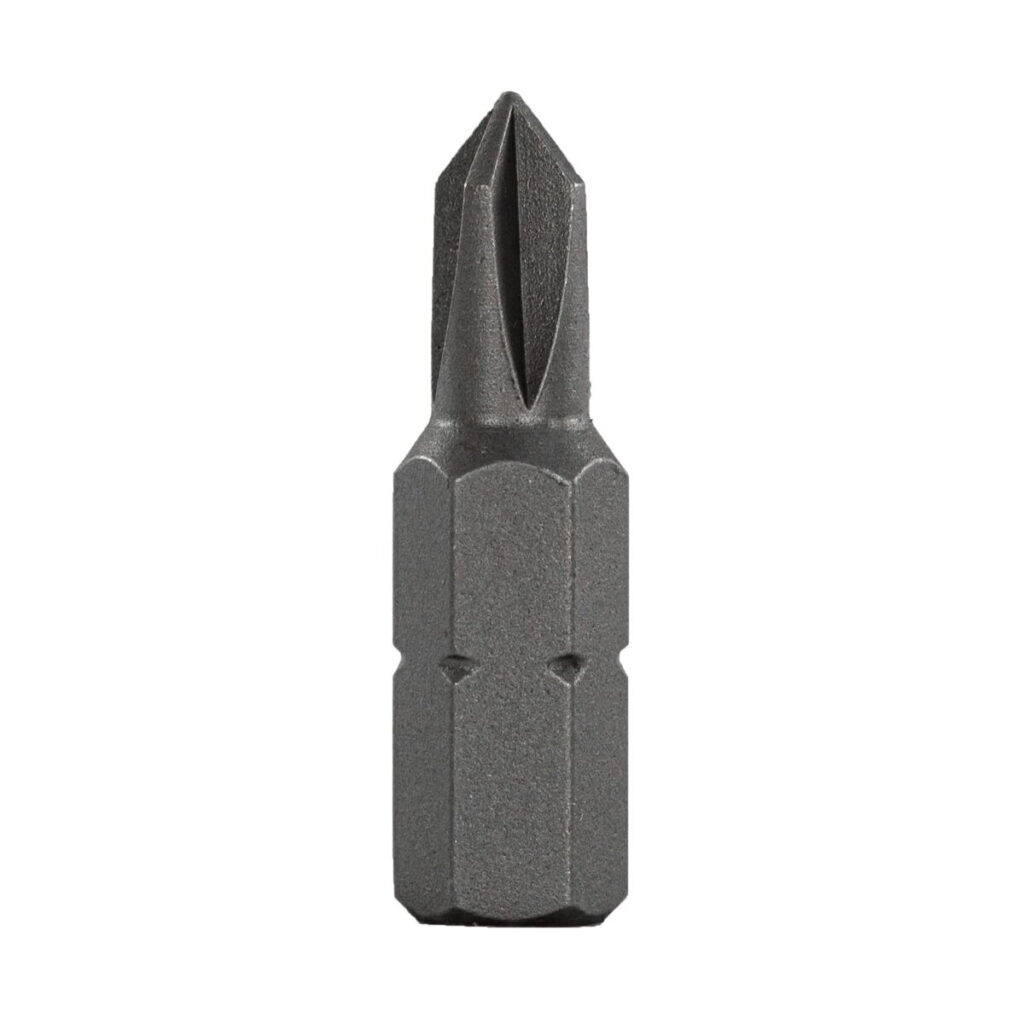
- Description: Similar in appearance to a Phillips, the Frearson screwdriver has a sharper cross tip that allows for a higher torque.
- Uses: Used in applications requiring high precision, such as marine and heavy-duty industrial equipment.
- Pros and Cons:
- Pros: Works with Frearson screws, high torque capability.
- Cons: Limited to specific industries.
10. Magnetic Screwdriver
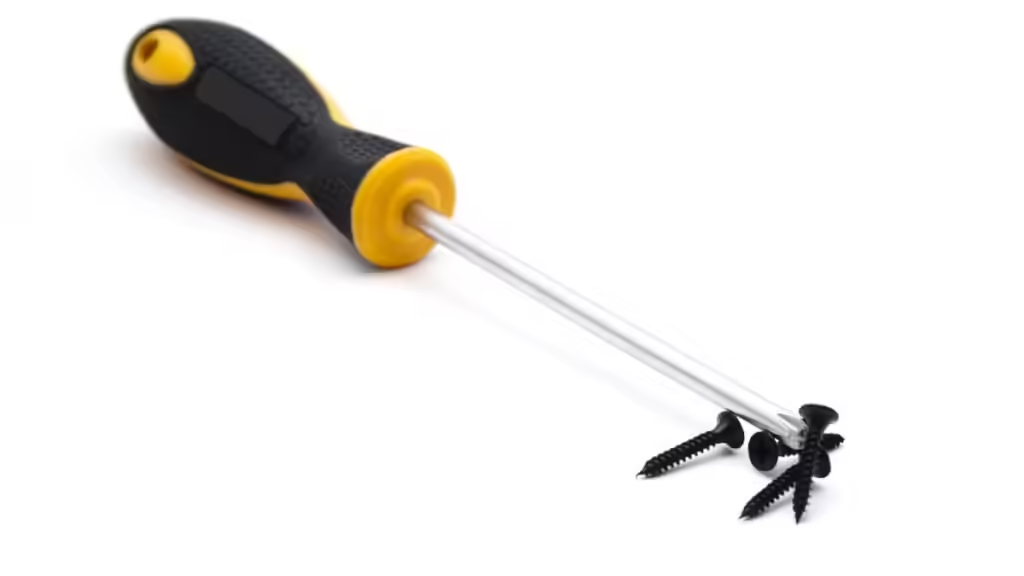
- Description: A magnetic screwdriver is simply a screwdriver with a magnetized tip, allowing screws to stick to the tool.
- Uses: Useful in electronics and precision work, the magnetic tip is ideal for small screws or work in tight spaces.
- Pros and Cons:
- Pros: Holds screws in place, great for precision tasks.
- Cons: Magnets can interfere with electronic components in some cases.
11. Insulated Screwdriver
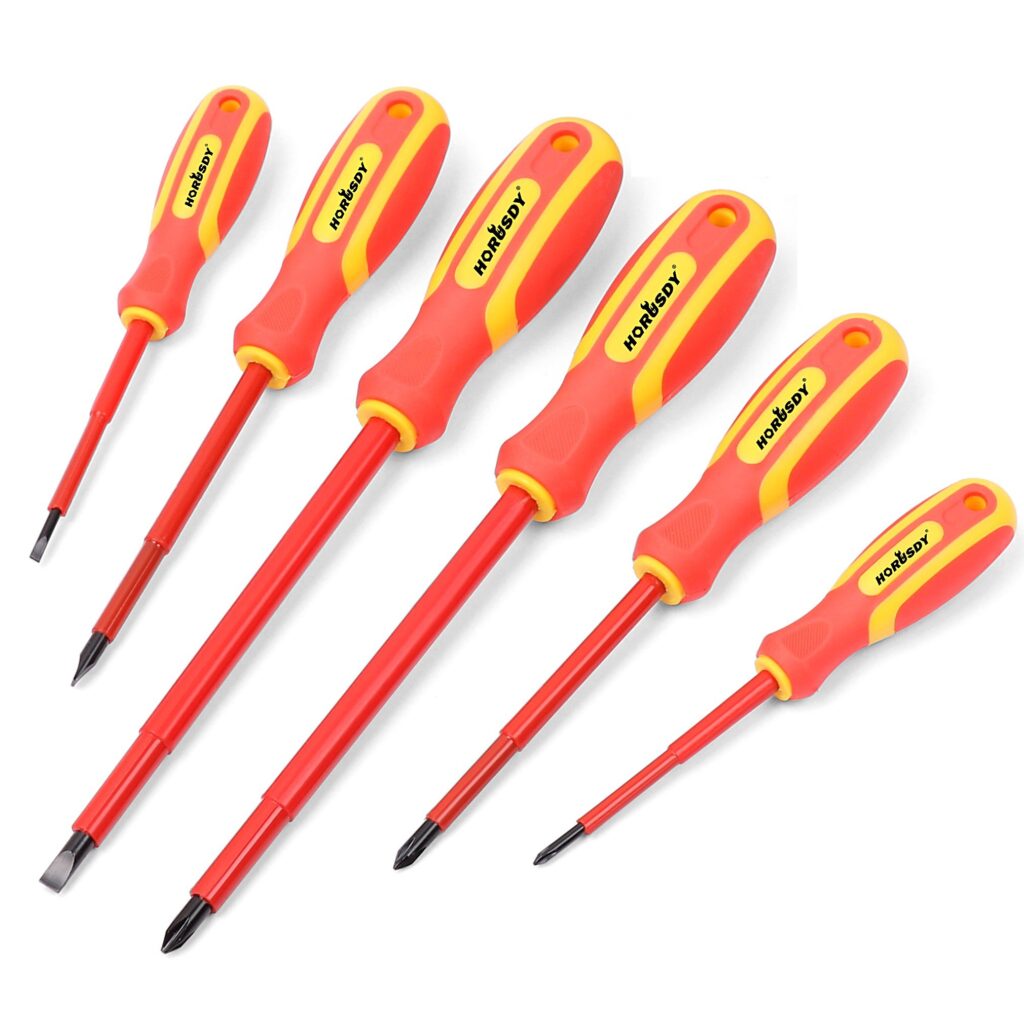
- Description: Insulated screwdrivers have handles and shafts designed to protect against electric shocks.
- Uses: Essential for electricians and anyone working with live electrical equipment.
- Pros and Cons:
- Pros: Safety feature for electrical work.
- Cons: Can be more expensive due to specialized design.
12. Jeweler’s Screwdriver
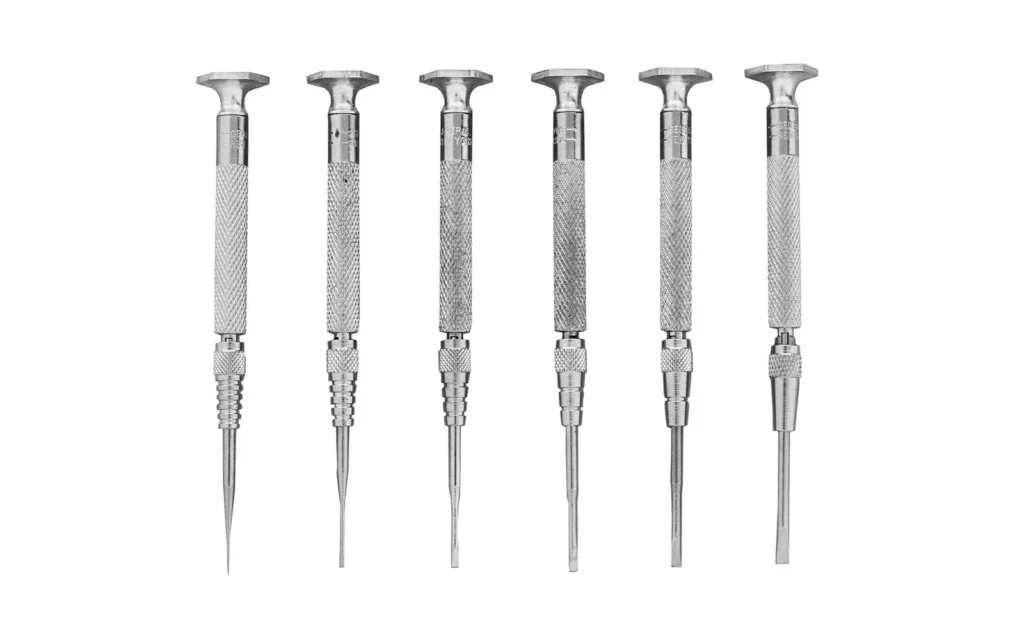
- Description: A small, precise screwdriver designed for delicate work, often with flat or Phillips tips.
- Uses: Commonly used in watches, jewelry, and small electronics, it allows for detailed work with tiny screws.
- Pros and Cons:
- Pros: Ideal for precision, detailed work.
- Cons: Limited to small-scale applications.
How to Choose the Right Screwdriver?
When selecting a screwdriver, consider the following factors:
- Type of Screw: Match the driver to the screw type to prevent slippage or stripping.
- Application: For electrical work, choose insulated screwdrivers; for tamper-resistant screws, opt for Torx or tri-wing drivers.
- Size and Comfort: Pick a screwdriver that fits comfortably in your hand, especially for projects requiring extended use.
- Special Features: Magnetic or insulated tips can provide added convenience and safety.
Conclusion
Understanding the types of screwdrivers and their unique uses will help you choose the right tool for each job, saving time and reducing the risk of damaging your screws or work surface. From the versatile Phillips to the tamper-resistant Torx, having a range of screwdrivers in your toolkit ensures you’re ready for any task, whether it’s assembling furniture, repairing electronics, or working on home improvements.
Also Read:


